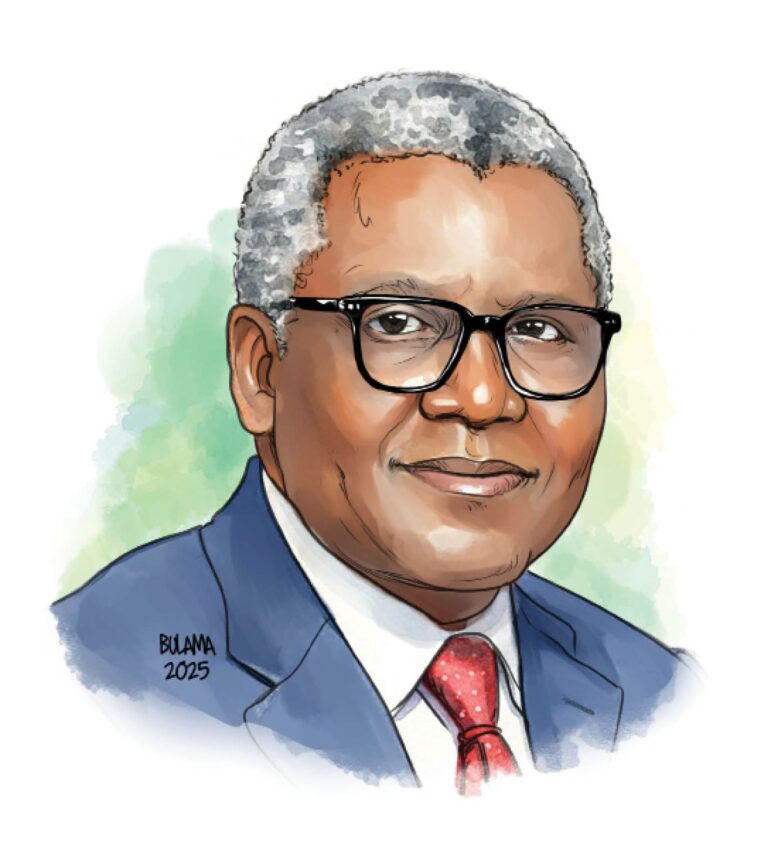
The Minister of Foreign Affairs, Ambassador Yusuf Tuggar, has raised concerns over mounting pressure from the United States on African nations, including Nigeria, to accept deported Venezuelans—many of whom are reportedly ex-prisoners. He made it clear that Nigeria would not comply with such a demand, citing the country’s existing challenges.
“It will be difficult for a country like Nigeria to accept Venezuelan prisoners into Nigeria. We have enough problems of our own,” Tuggar said during an interview on Politics Today on Channels Television, Friday evening. “We cannot accept Venezuelan deportees to Nigeria, for crying out loud. We already have 230 million people. You will be the same people that would castigate us if we acquiesce to accepting Venezuelans from US prisons to be brought in.”
The minister added that any move to accept the deportees could open the door to further demands. “The issue of accepting Venezuelan deportees, honestly, I don’t think is something that Nigeria is in a position to work with. And I think it would be unfair to insist that Nigeria accepts 300 Venezuelan deportees. Maybe that might just even be the beginning.”
Tuggar also addressed speculation surrounding the recent imposition of a 10 per cent tariff on Nigerian goods by the administration of former U.S. President Donald Trump. The move came shortly after President Bola Tinubu attended the BRICS summit in Brazil—an event Trump had reportedly opposed.
“The issue of tariffs may not necessarily have to do with us participating in BRICS,” Tuggar clarified.
He spoke in response to growing concerns that Nigeria’s warming ties with BRICS nations might have triggered retaliatory policies from Washington. Trump’s White House meeting earlier in the week with the Presidents of Gabon, Guinea-Bissau, Liberia, Mauritania, and Senegal—excluding Nigeria—had only deepened such fears.
In a related development, the U.S. Embassy in Nigeria recently announced a shift to single-entry, three-month visa validity for Nigerian applicants. The change sparked criticism and questions over the principle of reciprocity.
Tuggar, however, refuted suggestions that Nigeria’s visa policies had prompted the U.S. action. “We are talking to the Americans. We are engaging them. We are also explaining and reminding them that we issue them five-year multiple entry visas, the same way that they issue regular travellers five-year multiple entry visas.”
He noted that Nigeria’s visa system had undergone improvements aimed at efficiency. “We used to have a visa-on-arrival that wasn’t running efficiently. We introduced these online electronic visas that you can apply for so that it saves you time, instead of just arriving and then going through the process of getting the visa when you have already arrived.”
Tuggar further explained that visa categories vary depending on the traveller’s purpose and likelihood of return. “There are people who are first-time travellers who are coming as tourists that are probably not likely to come back to Nigeria again… and they get those 90-day visas. So our visa is not saying that every American is only being given 90-day visas or three months or whatever. We give Americans—there are loads of Americans that have these long-term visas. It is not based on reciprocity.”
VANGUARD.




